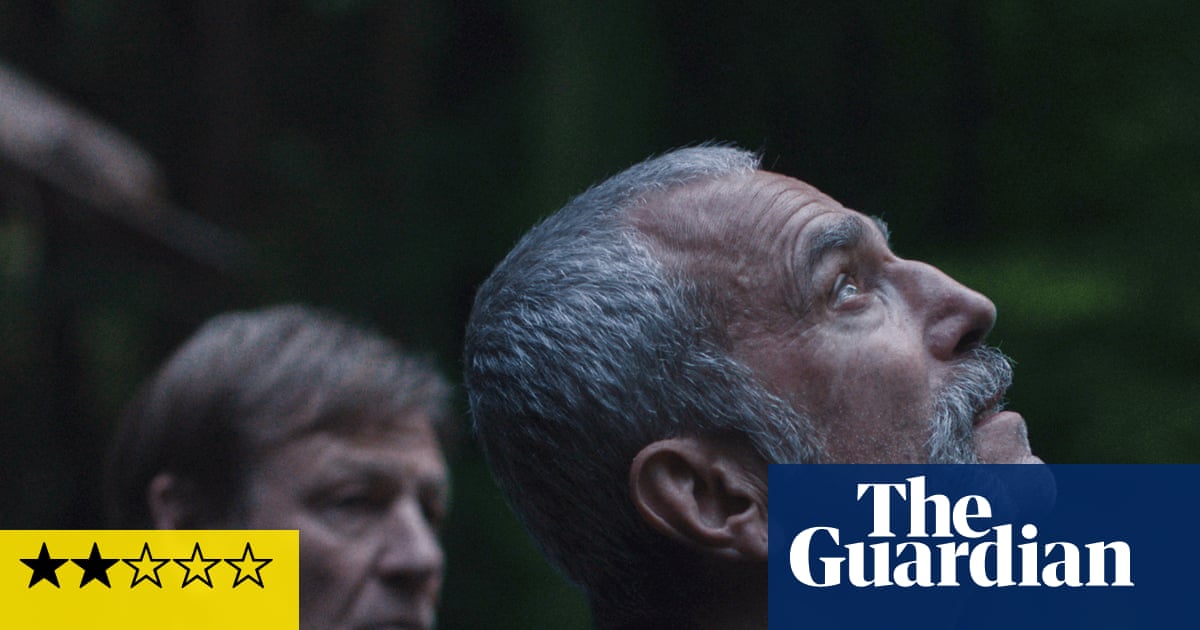
"Anemone, the three-time Oscar winner's quote-unquote comeback film and the feature directorial debut of his son Ronan Day-Lewis, is an even less sunny experience. (At least for the viewer; Day-Lewis has described filming with his son as beginning to end, just pure joy to spend that time together with him.) In fact, it's gray-skies-only for the film's plodding two hours, the better to hammer home the point of roiling disquiet within,"
"Anemone a title that, like the film, is vaguely symbolic and overly portentous settles in like fog on the northern English coast: at once heavy and weightless, overcast with dour import. It starts with a prayer (from Sean Bean, face creased with unrelenting seriousness) and proceeds into the mist of unexpressed trauma, over-communicated in close-up shots of bloody knuckles, blank walls and truncated torsos."
"It's a bleak mood, at times effective I occasionally found myself aching for a hug and more often alienating. To be fair, Day-Lewis's Ray Stoker is a bitter pill. A lone wolf driven into self-imposted exile in the Yorkshire wood by a mysterious trauma 20 years earlier, he's gruff and sour, foul-tempered and foul-mouthed (his first monologue, transfixing as ever, was so filthy in content that it provoked more than one swear from the audience)."
Daniel Day-Lewis returns after an eight-year absence in Anemone, directed by his son Ronan Day-Lewis and co-written by the pair. The story, set in the late 1980s, centers on Ray Stoker, a solitary man living self-imposed exile in Yorkshire after a mysterious trauma two decades earlier. The film runs a plodding two hours under persistent gray skies and uses close-up imagery—bloody knuckles, blank walls, truncated torsos—to convey unexpressed trauma. The mood remains bleak and often alienating, with moments of effectiveness. Performances emphasize stoic, war-scarred masculinity and fraught familial ties between brothers, fathers, and sons.
Read at www.theguardian.com
Unable to calculate read time
Collection
[
|
...
]